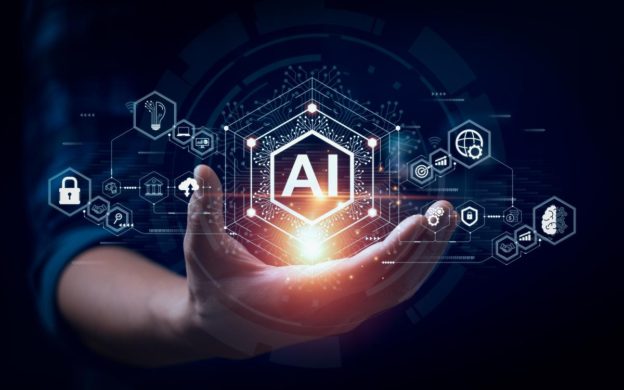Gen AI and other recent trends affecting the labor market point to the importance of upskilling, reskilling, and training to empower the global workforce.
As companies struggle to understand the implications and applications of generative AI (gen AI), one thing seems clear: AI and its future iterations are not going anywhere. On this episode of The McKinsey Podcast, senior partner Kweilin Ellingrud and partner Saurabh Sanghvi share findings from McKinsey’s latest report on gen AI with editorial director Roberta Fusaro and explain why companies must pivot to embrace the technology itself and the deep and lasting changes it may create. Individual and organizational adaptability will be critical.
Also on this episode, the advent of gen AI has many people thinking about the future of their jobs. Joanne Lipman, author of Next! The Power of Reinvention in Life and Work (Mariner Books, March 2023), shares a four-step process for figuring out where you might go next and how you’ll get there, in our Author Talks series.
This transcript is edited for clarity and length.
The McKinsey Podcast is cohosted by Roberta Fusaro and Lucia Rahilly.
First a pandemic . . .
MOST POPULAR INSIGHTS
- The economic potential of generative AI: The next productivity frontier
- Some employees are destroying value. Others are building it. Do you know the difference?
- The state of AI in 2023: Generative AI’s breakout year
- Gen AI in high gear: Mercedes-Benz leverages the power of ChatGPT
- Investors want to hear from companies about the value of sustainability
Roberta Fusaro: Before we dive into the findings of McKinsey Global Institute’s report on gen AI and the future of work in America, I want to ask, why this report and why now?
Kweilin Ellingrud: Two influences have changed things. One is we’re emerging from three years of COVID, where there has been so much turmoil and change in the workforce. And two is generative AI that burst onto the scene about six months ago.
Together, they’ve changed the nature of work and jobs and inspired us to ask, “What’s different now?” and “What can we expect in the future?”
Saurabh Sanghvi: I would add that the labor market looks different from what we’ve typically seen. We think that some of that has to do with the pandemic, and some of that has to do with workers’ needs and preferences changing.
We’re seeing all kinds of unprecedented technical change even beyond generative AI. If we go a step further, we’re seeing a record level of federal investment in infrastructure and efforts for reaching net zero. It’s this confluence of factors that we really wanted to cover with this new piece around the future of work and generative AI.
Roberta Fusaro: Are pandemic-era labor shortages here to stay?
Kweilin Ellingrud: Right now we have two job openings for every person who’s unemployed. So we’re quite out of balance compared with previous years. We do think that a tight labor market will persist. I don’t think it will be quite as tight as it was maybe a year ago, as we were emerging from the pandemic.
Some of the long-term trends we saw accelerate during the pandemic will persist, including people looking for greater flexibility in work, greater control over their career evolution, and greater meaning and connectivity in their jobs and workplaces.
Roberta Fusaro: Which occupations or which occupational categories have been most affected during the pandemic era? Which are growing, and which are declining?
Kweilin Ellingrud: There are a number of growing occupations. Those would be a lot of health care jobs, STEM jobs, transportation jobs, delivery.
And then there are a lot of shrinking occupations. I think 80 percent of the occupational transitions between now and 2030 are in four occupational categories: customer service, food service, production or manufacturing, and office support. Those four occupations are going to need a lot of reskilling, upskilling, and support to encourage those workers to gain the skills so that they can re-pot in other occupations that are growing in our economy.
https://www.mckinsey.com/mgi/our-research/generative-ai-how-will-it-affect-future-jobs-and-workflows





